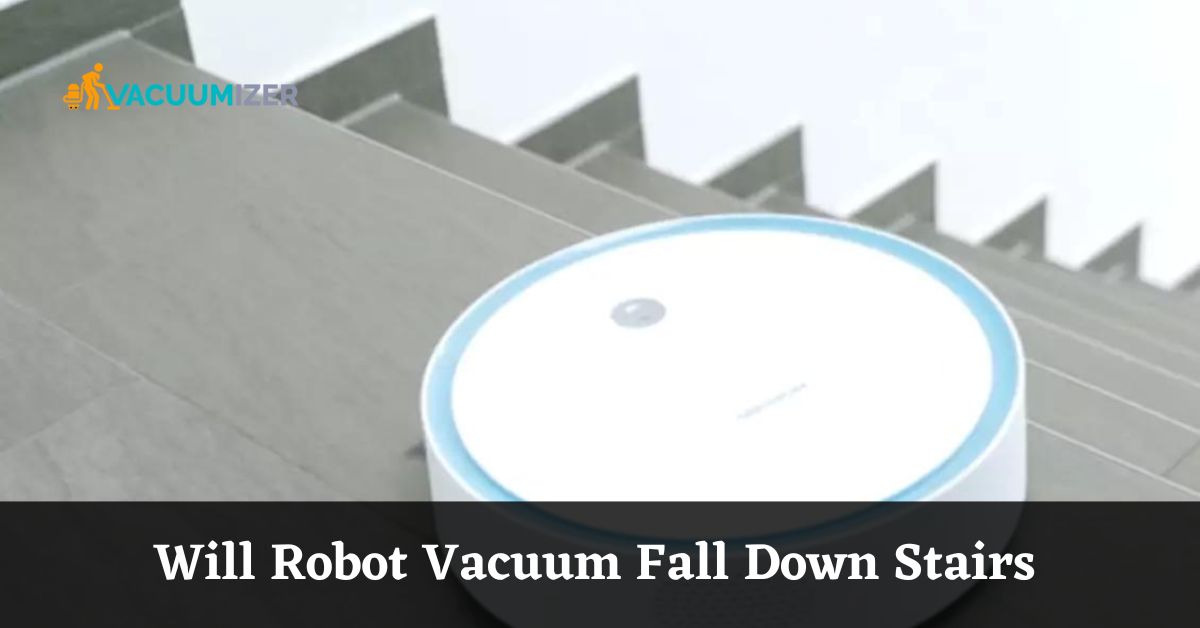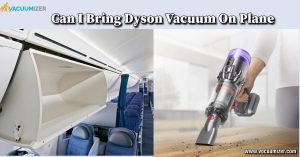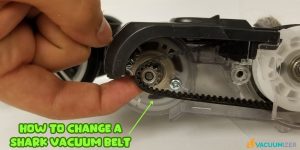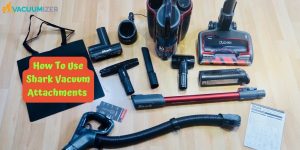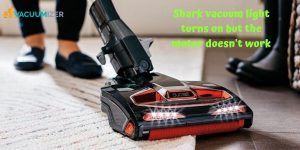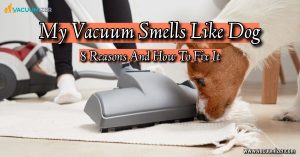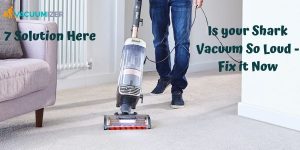Do you think a robot vacuum could be the solution to your prayers if you’re sick of sweeping or mopping? Or Robot Vacuum Fall Down Stairs? Robot vacuums are a wonderful invention that can make your life easier. When it comes to removing daily stains, pet hair, and other debris. But keeping in mind all its capabilities. Will these helpful robots be able to climb your stairs without falling? We have the inside scoop on whether you can rely on a robot vacuum to avoid harm.
Table of Contents
Can Robot Vacuums Clean Stairs?
Are robot vacuums able to clean stairs? Not having the ability to ascend or descend a flight of stairs. Stair cleaning with robot vacuums is ineffective. At the same time, robot vacuums protect from sliding downstairs by cliff sensors. Instead of cleaning staircases, they work best on flat areas.
There aren’t any stair-climbing robot vacuums available right now. Even after 15 years of study and creation. No models of the most well-known robot vacuum can climb and clean stairs. But, as businesses work to develop smarter robots, this may soon alter.
Alphabet has created a two-legged robot that can climb stairs and clean them. A division of Google’s corporate parent. It has two legs for better balance. Who knows, one day we’ll be able to use a sophisticated robot vacuum that can clean stairs.
How do you stop a Roomba from falling down stairs?
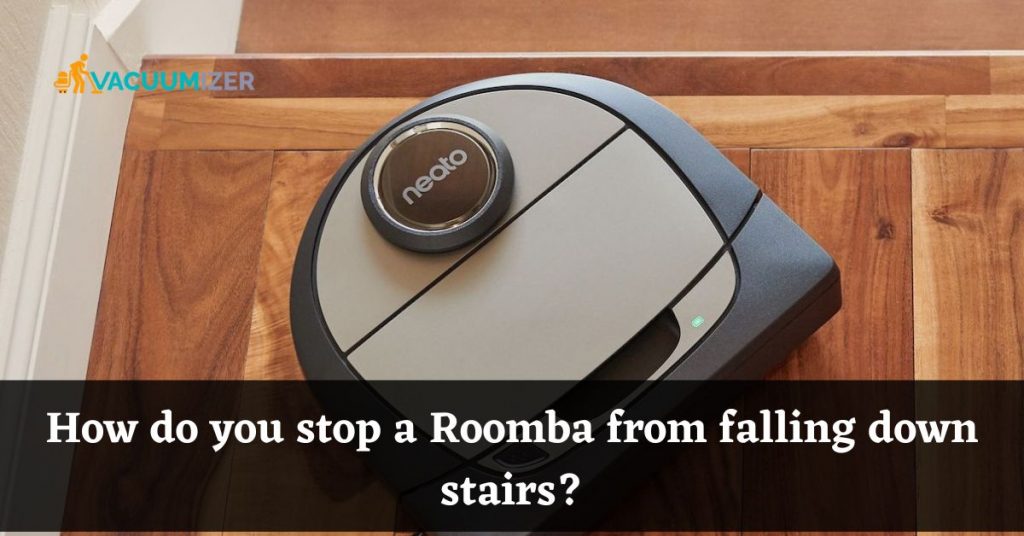
Cleaning a Roomba’s cliff sensors is the best method to prevent it from going down stairs. Only a Roomba’s cliff sensors are capable of identifying steps and ledges. So, It can have problems identifying stair edges if it’s dirty. On black or dark carpets, the cliff sensors have more difficulties.
The first step in cleaning the cliff sensors is to flip your robot vacuum over. Use a fresh, dry towel to clean the openings on each cliff sensor. Make it a routine to clean your robot vacuum sensors . The cliff sensors stop your robot vacuum from going off cliffs and stairwells.
As an alternative, virtual walls can use to stop a Roomba from falling stairs. A Roomba stays in the areas you want cleaned and out of the ones you don’t, thanks to the virtual wall. It functions by erecting a barrier that the Roomba cannot cross. The Roomba won’t cross a staircase after position close to one.
How do the cliff sensors work?
Infrared light emits by cliff sensors to detect them. This light returns to the gadget. If it doesn’t hear back, it knows a cliff is close by. The robotic vacuum will then halt and reverse course. The sensors position the device at the edge to help prevent the device from going over the edge.
Do all Roombas have cliff sensors?
Nowadays, a robot vacuum without cliff sensors is uncommon. The cliff sensors on the Roomba 500, 600, 700, 800, 900, and e Series. I Series make them all incapable of falling stairs. Most robot vacuums come with cliff sensors so that you can rest easy.
How Robot Vacuums Sense and Avoid Stairs
Robotic vacuums have helpful cliff sensors that help prevent. The robotic vacuum prevents from approaching ledges and staircases. They achieve this by sending data to the device’s tiny microprocessor. This modifies its cleaning course using the information. There are four tiny infrared sensors. The vacuum stops the machine from running into things as it moves over the floor. If it believes there might be stairs, To, make sure it’s not about to fall stairs. The vacuum will pause and “think” about how it processes its sensor data.
The majority of robotic vacuum cleaners include a protective front bumper. Even a more complete sensor suite than the rivals. But many cliff sensors will include with every robot cleaner. Which point downward and locate on the device’s bottom. The sensors send data to the processor when the device power on. This information contains the device’s proximity to the ground. The sensors detect a gap between the vacuum and the floor, and the vacuum recalculates its path. One of the reasons a robot vacuum doesn’t move very is because of this. To avoid driving over cliffs, it has time to spot them.
What is a Robot Vacuum’s Cleaning Path?
The sensors are in charge of mapping the cleaning path for the little vacuum. The device begins by moving away from the docking station in a spiral motion. The robot vacuum then proceeds in a straight line until it runs into something. It will then proceed along its course after sweeping around the object’s boundaries. I’ll keep working on this unit. until it reaches the starting position or the batteries need to recharge. More sophisticated models might even create a space map as they operate. But, “dumber” models run longer to ensure the entire space has coverer.
Are Cliff Sensors Reliable?
Cliff sensors are dependable. But for a very straightforward reason, they need to clean. The sensors will gather dust because they are so close to the ground. Because of how dirty the sensors get, this is a concern. Data transmission and reception issues both to and from the microprocessor are present. Wipe them off with a clean towel in a gentle manner to clean the sensors.
Managing Robot Vacuums in Houses with Stairs
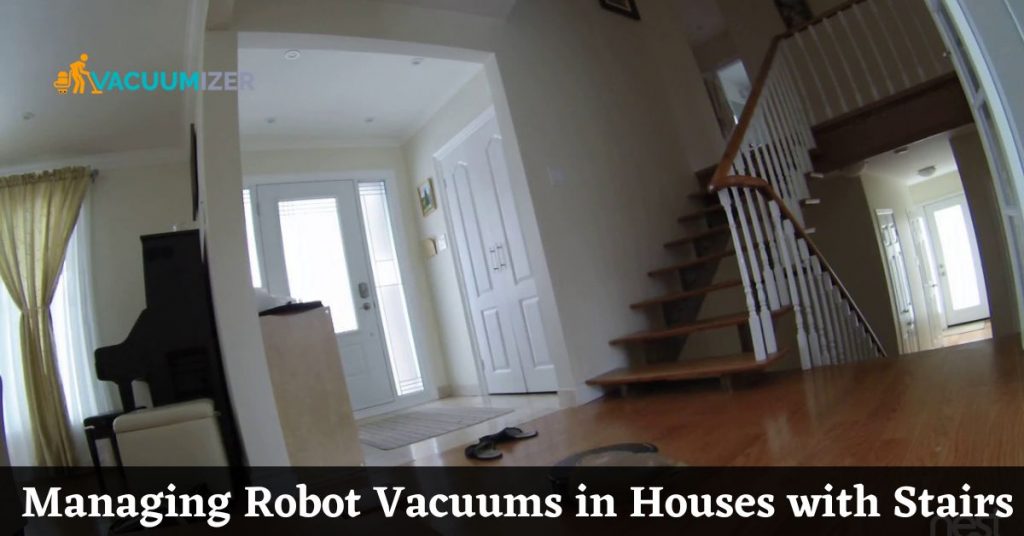
Even if your home has two stories. A robot vacuum may move around stairs. Also, to use a Virtual Wall or immovable items to obstruct its course. There are various ways to safeguard it. The robotic vacuum may always move up and down the stairs. The vacuum is compact and portable. So, carrying it won’t be an issue for you. This can do without spending any extra money. Empty the gadget when it is full and recharge it. But it might be necessary to make a few trips up and down the steps if you don’t use the vacuums. This might not be a big deal for you.
If you choose the two docking stations upgrade. one above and one on the first floor. You can always use your vacuum to charge and be ready to go. It eliminates the need that you start over at the beginning. The alternative is to buy an extra robot vacuum. Which is the most affordable and handy choice. But cleaning all levels of your home will be a breeze if you have two automatic vacuums. Suppose you worry about the robot upstairs falling. Keep in mind to lock the upstairs stairs.
Is a Robot Vacuum Right for your Home?
When evaluating robot vacuums and making a decision. If doing so will make it simpler to clean your floors. Consider the spaces in your house. Whether you have stairs has no bearing. You may prevent the vacuum from descending in some ways. These vacuums make to steer clear of running into things. But, if your rooms disorganize issues will arise. Other tiny things may become entangled in the vacuum’s internal workings. If you don’t perform some preliminary cleaning beforehand.
Will Robot Vacuum Fall Down Stairs
Final thought
Robot vacuums are an excellent tool for cleaning your home easier and faster. But, you should be aware of their potential risks, such as falling down stairs if not managed. There are safety measures that can take to ensure your robot vacuum doesn’t encounter. Any costly with the right precautions. You can make sure your robot vacuum works and is in settings with stairs. So You understand Robot Vacuum Fall Down Stairs or not.

